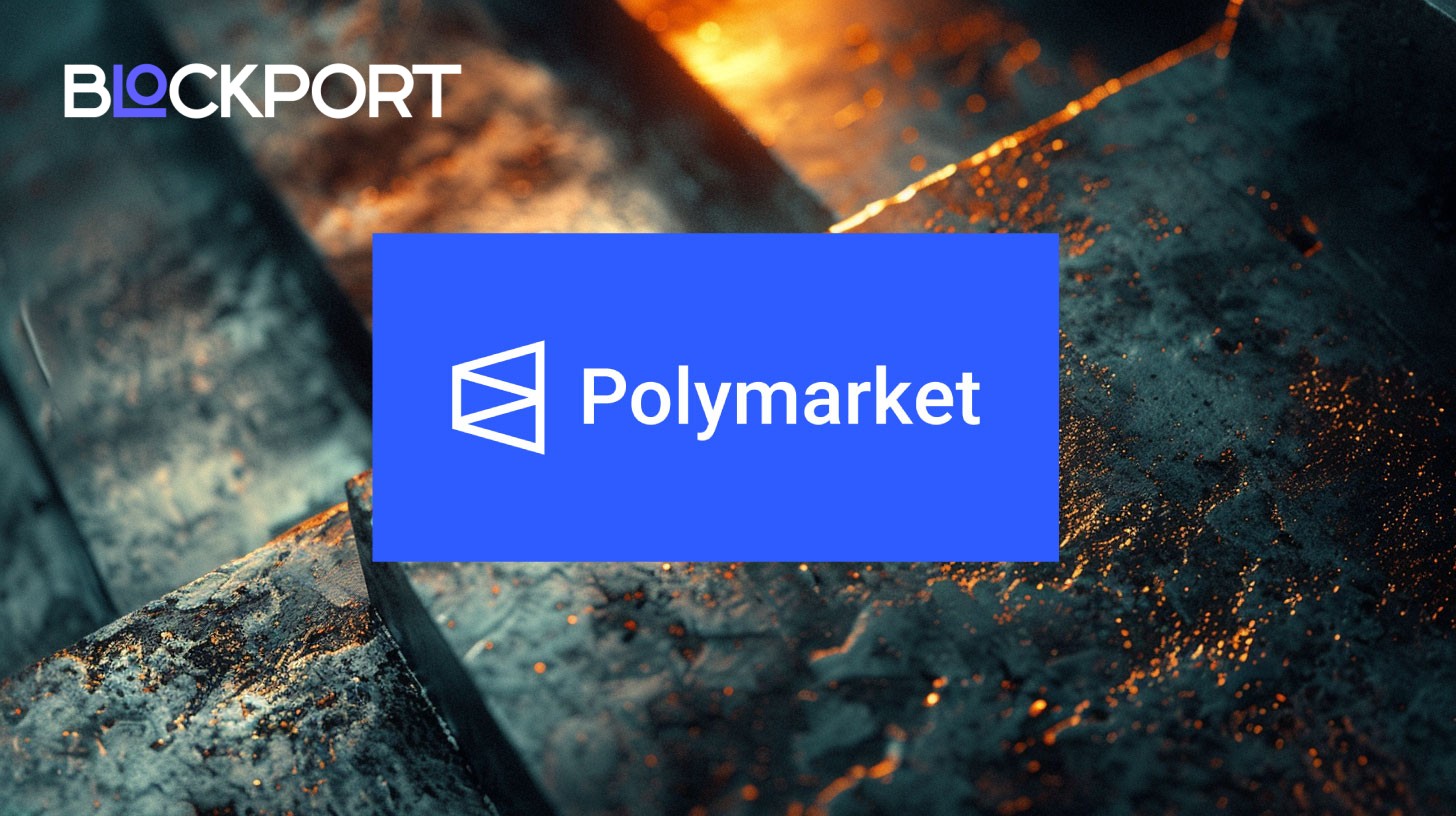Why the SEC Is Ruling Out Securities Status for Some Liquid Staking Tokens

SEC staff statement under Project Crypto rules that some liquid staking tokens aren’t securities, easing compliance fears for Lido, Rocket Pool and others.
On 5 August 2025, the U.S. Securities and Exchange Commission (SEC) staff issued a Project Crypto statement saying certain liquid-staking setups do not create securities, provided users keep claim to their original tokens and rewards are automated by code. Years of doubt seem to be reversed – protocols such as Lido and Rocket Pool may reopen the U.S. market for staking services.
Staking Wars Regulatory Scope
The new guidance sits inside Chair Paul Atkins’ wider Project Crypto plan to update every major SEC rule for blockchain markets. Staff say a liquid-staking token is not a security when it merely represents the user’s own staked asset and no one else promises extra profit or managerial effort. Examples named in the memo include Lido’s stETH, Marinade’s mSOL, Jito’s JitoSOL and Stakewise’s sETH2.
Why now? Liquid-staking tokens hold 48.89% of all DeFi value locked, which currently stands about $135 billion, as ETH flirts with $4,000. A blanket securities tag would have choked that growth and pushed users offshore, echoing February 2023 when Kraken paid a $30 million fine and shut U.S. staking.
The guidance follows May’s narrower exemption covering self-custodial staking pools. Together, the two statements sketch a rule of thumb: if a protocol issues the rewards and no centralized promoter controls payouts, the tokens likely escape securities laws. Exchanges that run wrap-and-lend models with promises of extra yield must still register.
This stance marks a U-turn from the Gensler era, which sued Coinbase’s Lend product and Kraken’s staking desk. Industry groups say the memo “brings the U.S. in line with MiCA” and could pull capital back from offshore hubs. Benchmark analysts expect U.S. liquid-staking TVL to triple to $60 billion by 2026 if Ethereum’s next fork slashes unlock times.
Yet the memo carries guardrails: issuers must publish real-time on-chain attestations, disclose slashing risks and bar cross-chain rehypothecation. Violations could “re-characterize” a token as a security retroactively, the SEC warns. By carving out “pure-pass-through” tokens, the SEC hopes to focus future cases on yield-bearing wrappers that look like notes or investment contracts.
Praise, Pushback and Practical Impacts
The market cheered first. Lido’s stETH jumped 9% while Jito’s JTO gained 12% in the hours after release. Coinbase, which paused new U.S. staking clients in 2023, said it may reopen sign-ups “in coming quarters” pending legal review.
But Commissioner Caroline Crenshaw blasted the statement for “muddling the waters” and skirting Howey analysis. Speaking to CryptoBriefing, she warned that protocol upgrades often rely on core teams – evidence of an “entrepreneurial effort” even in DAO projects.
Critics outside the SEC echo that fear. Former SEC chief of staff Tejani Fischer compared liquid staking to pre-crash Lehman repo trades, saying synthetic tokens mask leverage. DeFi builders counter that every stToken is overcollateralized by native coins and settled on-chain in real time.
Lawyers note the memo is staff guidance, not a formal rule, so courts could still apply Howey differently. Even so, the practical effect is huge: U.S. custodians can now issue liquid-staking receipts without filing a registration statement, slashing compliance costs by millions.
Protocols must still mind state blue-sky laws and IRS rules. The Treasury is drafting guidance that may treat staking rewards as income at receipt, not sale, potentially complicating taxes even as securities risk falls. Looking ahead, Project Crypto’s next deliverable is a sandbox for tokenized ETFs. If that plan mirrors today’s approach – code first, disclosure later – the U.S. could regain ground lost to Europe and Asia in digital-asset finance.
Liquid Staking Takes the Reins?
Liquid staking just cleared its biggest U.S. regulatory hurdle. The SEC now says code-driven yield does not, by itself, create a security. That unlocks billions in sidelined capital and gives protocols like Lido a green light to scale.
The fight isn’t over. A single enforcement action or court loss could redraw the lines, and dissent inside the Commission shows the debate rages on. Builders must document decentralization, publish risk data and keep upgrade power diffused.
Still, for Web3 enthusiasts, the message is clear: decentralized staking has room to grow on American soil – if it stays true to its trust-minimized roots.
Content on BlockPort is provided for informational purposes only and does not constitute financial guidance.
We strive to ensure the accuracy and relevance of the information we share, but we do not guarantee that all content is complete, error-free, or up to date. BlockPort disclaims any liability for losses, mistakes, or actions taken based on the material found on this site.
Always conduct your own research before making financial decisions and consider consulting with a licensed advisor.
For further details, please review our Terms of Use, Privacy Policy, and Disclaimer.



























